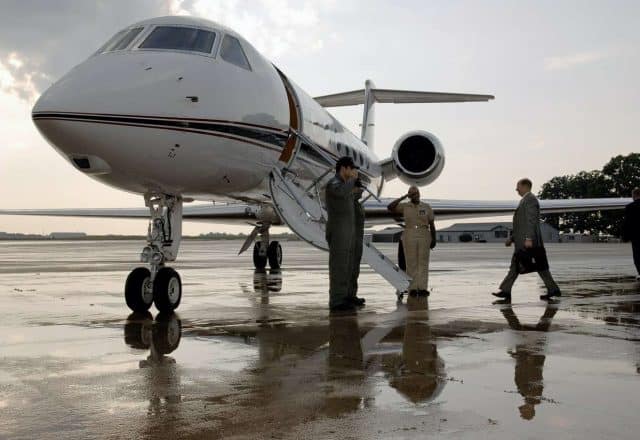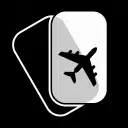Will Privatization of the FAA Affect Private Jet Charters?
THERE’S SOME HEAVY TURBULENCE surrounding a proposed bill that calls for a privatized air traffic control system funded, in part, by user fees. The business aviation industry is concerned with how privatization of this arm of the FAA (Federal Aviation Administration) will affect prices and the demand for private jet charters. Rep. Bill Shuster (R-9- PA), chairman of the House Transportation and Infrastructure Committee, is drafting a reauthorization bill that would create a fully independent, not-for-profit corporation, separate from the FAA, to oversee the U.S. air traffic control system. Part of this transition would include replacing the FAA’s World War II-era radar technology with state-of-the-art GPS satellite technology. The radar upgrade is estimated at $40 billion. The FAA has been toiling away on the project for years, but budgetary restraints in Washington have hindered their progress as they strive to meet the original 2020 deadline. Part of the apprehension of those in the business aviation sector has to do with the amount of control the proposed non-profit would wield. In theory, it would have the ability to:
- Determine where and when companies using business aviation can fly
- Set the price of user fees for charter services
- Reduce or eliminate subsidies to air carriers that service rural areas and smaller centers
However, even though the proposed air traffic control service provider would operate independently of Congress, it would likely be governed with substantial input from industry. It would also be required to be financially self-sufficient.
The FAA Has a Solid Track Record
There’s also the argument that, even with the outdated radar technology, the FAA has done an exemplary job of ensuring it operates one of the safest aviation systems in the world. On average, more than two million passengers use commercial airlines every day in the U.S., and those aircraft are guided safely along their routes by the nearly 15,000 air traffic controllers under the guidance of the FAA. When it comes to flying privately, read our post 5 Things You Should Know About Air Charter Safety. There’s no question that a switch to a satellite-based system would increase air traffic controllers’ ability to:
- Manage heavy air travel demand, especially in congested metropolitan regions
- Reroute planes in response to severe weather
- Navigate flights more efficiently, resulting in less fuel consumption and fewer emissions
These increased efficiencies should result in operational cost savings within the industry, but what that means for commercial airlines and private jet companies remains to be seen. Organizations such as the National Business Aviation Association (NBAA) have fought (quite successfully) against the implementation of aviation user fees over the years. They’re happy with the current setup where general aviation and business users of the National Airspace System pay fuel taxes, as opposed to per-flight user fees. Looking for a private jet company that provides exceptional service and access to all parts of the globe? Stratos Jet Charters has available agents 24/7 and can book you a flight with as little as four hour’s notice. Call us to learn more—(888) 593-9066 (toll free) or request a quote online.
Are you ready to book your Dallas and New York charter flight yet?
Our friendly, expert air charter agents are here to answer questions or start your quote today. Don`t wait, call now and we'll get you on your way to your destination!
Call 888-593-9066











